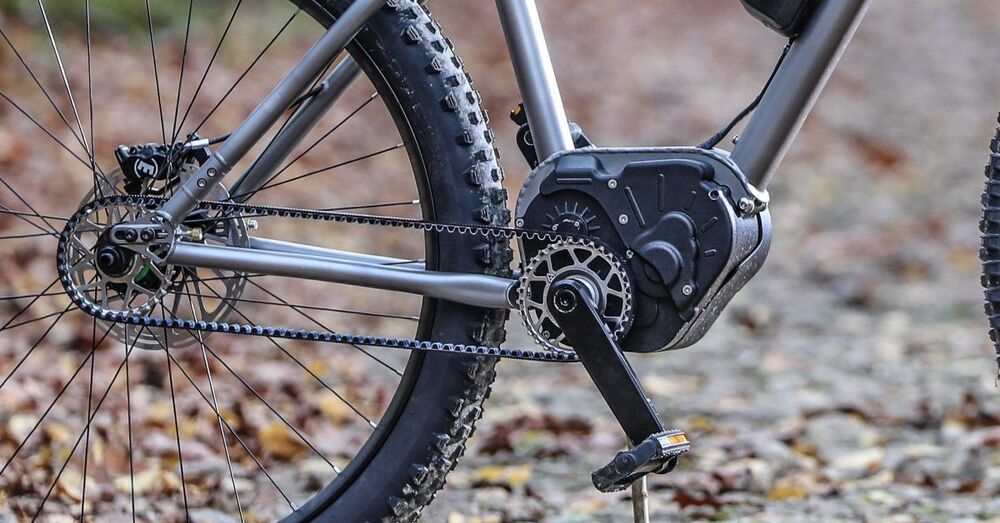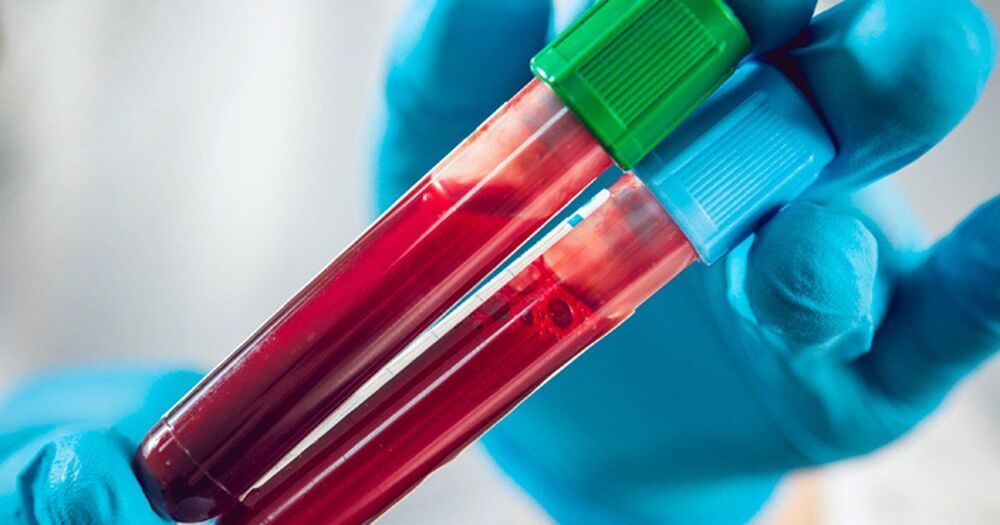The soldier was supposed to meet someone for “some type of vehicle transaction” on Friday but has not been seen since.


Researchers give 10 bold predictions about human genomics by the year 2030.
Hey it’s Han from WrySci HX and we’ll try to figure out what the world will be like in 2030 in terms of human genomics. An article in Nature has listed its top 10 predictions in this field for the next decade. Let’s find out! More below ↓↓↓
Subscribe! =]
Please consider supporting 🙏
Patreon: https://www.patreon.com/wrysci_hx.
No matter who you are or where you are, YOU can participate in the science done at NASA and make new discoveries alongside NASA scientists. Watch #NASAScience Live on Wednesday, Dec. 16 at 3:00 p.m. EST to hear from people around the globe about how they’re doing NASA science and learn how you too can get involved with NASA’s citizen science projects.
https://music.youtube.com/watch?v=bAdqazixuRY&list=RDAMVMbAdqazixuRY
► Album & 4k Video: http://NigelStanford.com/y/a-/Automatica.
► Spotify: http://NigelStanford.com/y/Spotify.
Subscribe and like to see more Robot videos, as I release them for my album Automatica.
Robots rock, they were fun to work with. My favorite is the robotic drummer. More work to be done, and maybe I could play with them live. Stay tuned smile Thank you to Kuka, Sennheiser and Roland.
(766) — YouTube
Follow A Glitch in the Matrix.
https://instagram.com/glitchmatrixdoc.
https://www.facebook.com/glitchmatrixdoc.
https://twitter.com/glitchmatrixdoc.
What if we are living in a simulation, and the world as we know it is not real? To tackle this mind-bending idea, acclaimed filmmaker Rodney Asher (ROOM 237, THE NIGHTMARE) uses a noted speech from Philip K. Dick to dive down the rabbit hole of science, philosophy, and conspiracy theory. Leaving no stone unturned in exploring the unprovable, the film uses contemporary cultural touchstones like THE MATRIX, interviews with real people shrouded in digital avatars, and a wide array of voices, expert and amateur alike. If simulation theory is not science fiction but fact, and life is a video game being played by some unknowable entity, then who are we, really? A GLITCH IN THE MATRIX attempts to find out.
Available everywhere February 5, 2021
Directed by Rodney Ascher.
http://aglitchinthematrixfilm.com/
For more great titles, visit Magnolia Selects: https://www.magnoliaselects.com/

The Canadian government has launched a strategy that sees low-carbon and zero-emission hydrogen fuel technology as a key part of the nation’s path to net-zero carbon emissions by 2050. The strategy is underpinned by a federal investment of CAD1.5 billion (USD1.2 billion) in a Low-carbon and Zero-emissions Fuels Fund to increase the production and use of low-carbon fuels, including hydrogen.
“Hydrogen’s moment has come. The economic and environmental opportunities for our workers and communities are real. There is global momentum, and Canada is harnessing it,” Minister of Natural Resources Seamus O’Regan said as he a launched the strategy on 16 December.
Hydrogen Strategy for Canada is designed to spur investment and partnerships to establish Canada as a global supplier of hydrogen and to increase domestic production. This will transform the Canadian energy sector, NRCan — the federal department of natural resources — said.

If you thought you knew all of the mid-drive motors in the e-bike world, think again. The French company Valeo has just unveiled a radical new type of mid-drive electric motor that adds a built-in automatic transmission.
Automatic transmissions alone aren’t unique in the e-bike space.
We’ve tested several models that feature mid-drive motors paired with automatic transmissions.

People who are sick can ask for EUA drugs, but you have to ask often. INDIANAPOLIS, Nov. 9, 2020 /PRNewswire/ — The U.S. Food and Drug Administration (FDA) today granted Emergency Use Authorization (EUA) for Eli Lilly and Company’s (NYSE: LLY) investigational neutralizing antibody bamlanivimab (LY-CoV555) 700 mg. Bamlanivimab is authorized for the treatment of mild to moderate COVID-19 in adults and pediatric patients 12 years and older with a positive COVID-19 test, who are at high risk for progressing to severe COVID-19 and/or hospitalization. Bamlanivimab should be administered as soon as possible after a positive COVID-19 test and within 10 days of symptom onset. The authorization allows for the distribution and emergency use of bamlanivimab, which is administered via a single intravenous infusion.
The Investor Relations website contains information about Eli Lilly and Company’s business for stockholders, potential investors, and financial analysts.

Baxter International Inc. (NYSE: BAX), a global leader in acute care, recognizes the findings of a prospective, multicenter, observational study on data from the OxirisNet Registry evaluating severely ill patients with COVID-19 in Italy treated with extracorporeal (outside the body) blood purification (EBP) using the company’s Oxiris filter set. From the study, recently published in Critical Care, the investigators reported that patients experienced a significant reduction in serum IL-6 (a pro-inflammatory cytokine) levels, improvement in indicators of organ dysfunction and reduction in expected intensive care unit (ICU) mortality rate as compared to a historical control. Due to the study design, the results do not provide evidence of a causal relationship between EBP treatment with Oxiris and these outcomes. The results do, however, support the feasibility of the use of Oxiris with severely ill COVID-19 patients and provide new insights for clinicians treating this vulnerable patient population.
Study investigators assessed serum IL-6 levels, indicators of organ dysfunction and intensive care unit (ICU) mortality rate in patients undergoing EBP with Oxiris.

A standard test that evaluates blood cells can help identify patients hospitalized with COVID-19 who are at an elevated risk for death, according to research published in JAMA Network Open.
“We were surprised to find that one standard test that quantifies the variation in size of red blood cells — called red cell distribution width, or RDW — was highly correlated with patient mortality, and the correlation persisted when controlling for other identified risk factors like patient age, some other lab tests, and some pre-existing illnesses,” Jonathan Carlson, MD, PhD, an instructor in medicine at Massachusetts General Hospital, said in a press release.
In their cohort study, Carlson and colleagues retrospectively analyzed adult patients with SARS-CoV-2 infection who were admitted to one of four participating hospitals in the Boston area from March 4 through April 28. As part of standard critical care, all patients had their RDW, absolute lymphocyte count and dimerized plasmin fragment D levels collected daily.